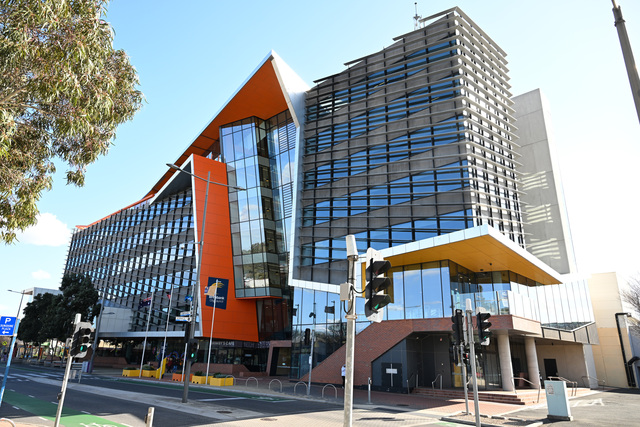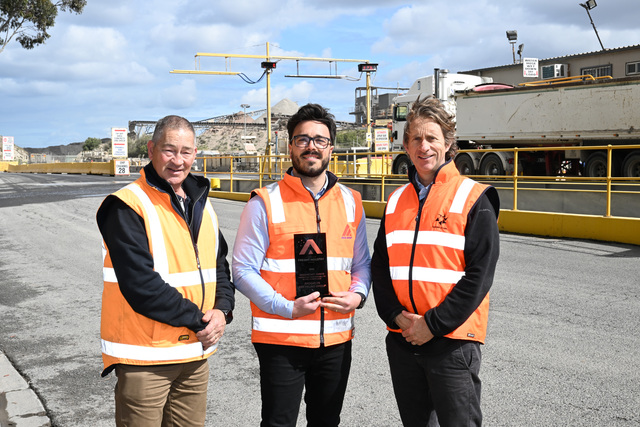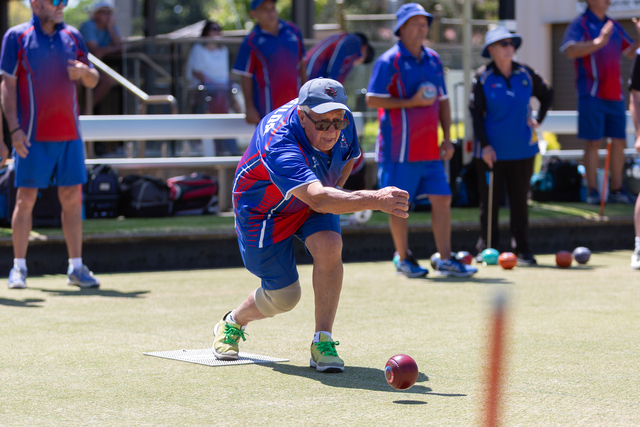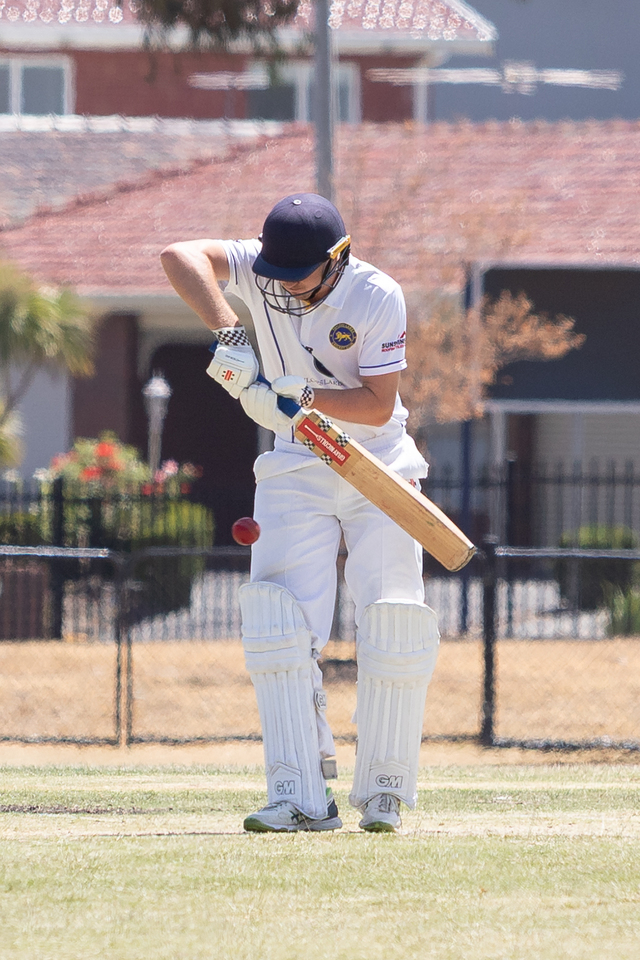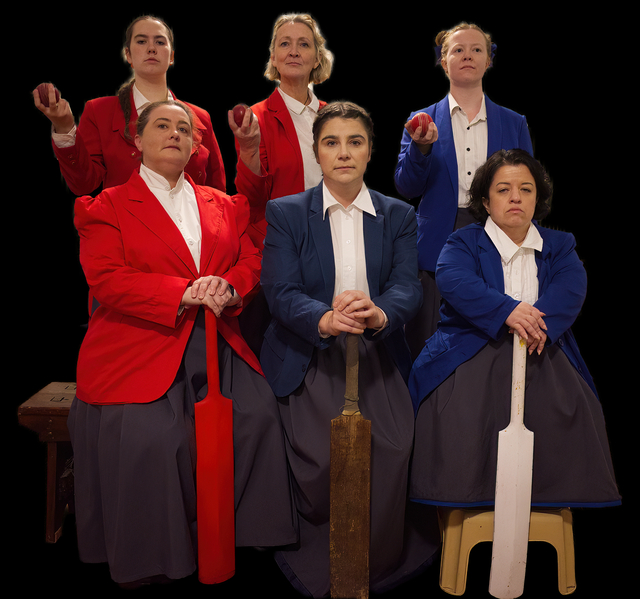A mother in her mid 40s with 11 other children was rejected for a hospital-run home birth program and has now lost her human and consumer rights appeal against the decision.
Tracey Wilson, formerly of Sunbury and now a mother of 12, and her husband, Eric Wilson, argued that by rejecting the couple for its home-birth program the Western Hospital had violated the couple’s and their child Sophia’s human and consumer rights in a hearing at the Victorian Civil and Administrative Tribunal.
The Western Hospital, Sunshine, which ran the pilot home-birth program funded through Medicare, argued however her pregnancy needed to be ‘‘low risk’’ and Mrs Wilson’s age, then 44, a previous post-partum haemorrhage and her 11 previous births meant she was excluded from the program.
The couple say they wanted to be part of the program because it was cheaper than paying a private midwife for a home birth, a cost of about $3500.
The couple falsely believed they were accepted into the program based on a phone conversation between their first midwife Ann Hallett and Western Hospital obstetrician Dr Thao Le when Mrs Wilson was 12 weeks pregnant.
But Dr Le said in evidence that she felt she was agreeing to see Mrs Wilson and that she should continue to get care .
Mrs Wilson’s care was later handed over to another midwife, Veronica Zeinstra, who told the tribunal she falsely believed Mrs Wilson was already accepted into the program.
At 25 weeks, Ms Zeinstra arranged a meeting with Associate Professor Glyn Teale, who is responsible for clinical operations at the hospital’s Women’s and Children’s Services Division.
He raised concerns about Mrs Wilson’s age, her many other births and a previous post-partum haemorrhage. He later confirmed via email that Mrs Wilson’s pregnancy was not ‘‘low risk’’ and she was therefore unsuitable for the program.
‘‘I explained to Mrs Wilson that her advanced maternal age and her 11 previous births were factors that would either in themselves increase the risk of complications and/or if complications, such as haemorrhage, were to occur [it] could be serious,’’ Associate Professor Teale said in evidence.
‘‘I discussed the fact that a 44-year-old woman was less likely to be able to cope physically in an emergency and that …[post-partum haemorrhage] was a significant concern for a 44-year-old woman experiencing her 12th birth,’’ he said.
The couple came to the meeting with documents that argued having many children was not a risk factor and that Mrs Wilson’s fast labours meant home birth was her safest option.
Associate Professor Teale offered the couple other options, such as having the baby at hospital, being induced, moving into the hospital at term, or moving closer to the hospital in the short term.
Mrs Wilson told the tribunal she was ‘‘shocked at the brutality’’ of the decision. ‘‘The next day I was going down emotionally … fast. I didn’t want to get out of bed, I cried for almost two days’’.
The couple continued to lobby Associate Professor Teale and hospital midwives.
‘‘We know we’re not normal [in terms of] how many children [we have]. But each pregnancy and birth has been normal. To start saying I would have to see an obstetrician – I tried to see it as OK but I was concerned,’’ she said in evidence.
In written findings, VCAT’s Dr Rebecca French dismissed the claim and allowed the hospital to seek costs. She said the couple’s assertion that the decision at six months was too late was ‘‘not well founded’’ and that phone ‘‘acceptance’’ by Ms Hallett – the initial midwife – could not be considered ‘‘final’’.
‘‘It was their choice not to accept the decision, but they cannot blame the respondent for the alleged ‘uncertainty’ in their birth arrangements in that period. They caused that uncertainty by refusing to accept what on any reasonable view was a very clear and final decision, made well in advance of the birth,’’ she said.
Mrs Wilson gave birth to Sophia Wilson, on November 7, 2011 at home. A private midwife she had engaged days before the birth did not make it to the birth before Sophia was born.


